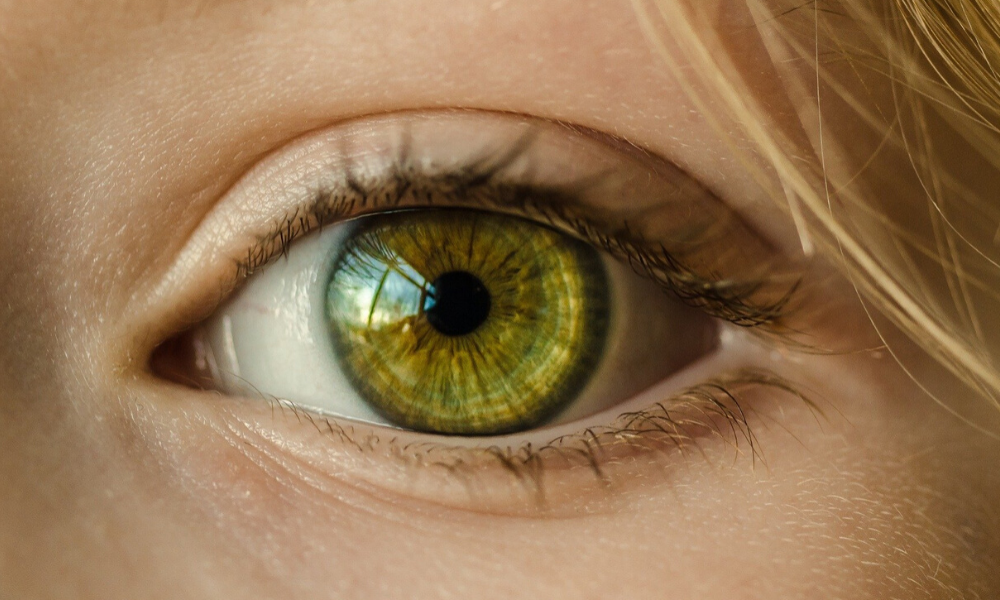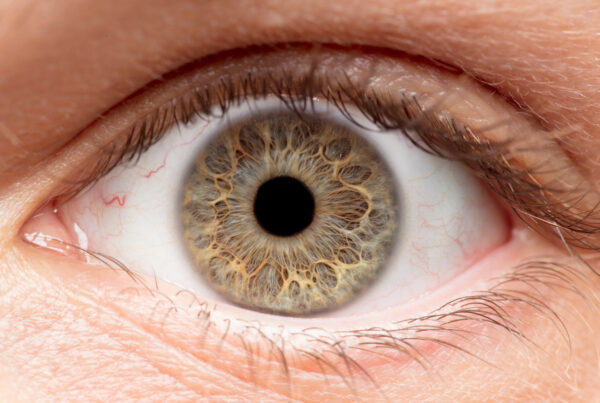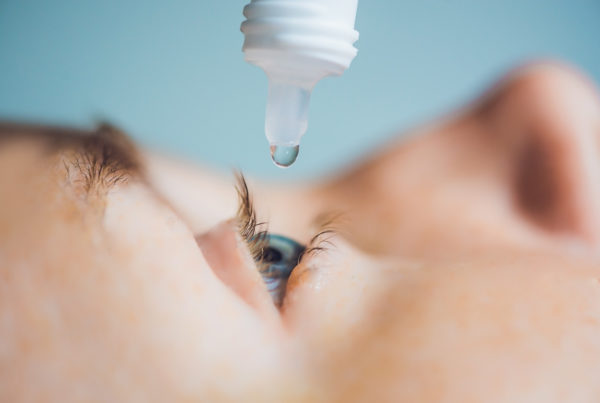
Functional medicine is a partnership between patient and doctor, paving a path to wellness by understanding the root cause of disease. Dry eye is a complicated, multi-factorial condition that can dramatically affect quality of life. Bringing a functional medicine approach to dry eye makes perfect sense. Each dry eye patient is unique and requires an individualized treatment plan.
Your first visit at the Dry Eye Institute at SureVision Eye Centers starts with hearing your story. When did your dry eye start affecting your life? What have you tried in the past and where are the clues to why this is happening? We look at what is going on around your eye, the components of your tear film and the stage of inflammation, as many clinics do. But we take it a step further. A review of your whole-body health will point us to lifestyle, nutrition and genetic basis for dry eye symptoms.
My story is much like many dry eye patient stories. When I was 13 and trying to wear contact lenses, I knew that something was off. They were constantly deposited, uncomfortable and causing red eye. As I was planning my career path in college, my dry eye was getting substantially worse. It wasn’t a surprise that, as an inquisitive person, I would pursue Optometry for just this reason. Optometry school offered little insight into my dry eye treatment and condition until I met Dr. Larry Gans. He explained the lipid layer and the meibomian glands, which opened a window to greater understanding. But my battle continued as meibomian gland dysfunction is such a chronic, stubborn condition to manage.
The next big breakthrough came when I was sitting in my first functional medicine course. We were reviewing nutritional deficiencies and the lecturer mentioned a study about a genetic predisposition of poor conversion of beta carotene to vitamin A. Vitamin A is critical to the production of the mucin tear layer, which is like the glue that holds the tears. I was intrigued and started ordering vitamin A levels for suspicious patients, as well myself. I found either deficiency or toxicity without any predictability. Sometimes taking a multi-vitamin is too much or too little. Even as a frequent attendee to nutritional education meetings, I had never once contemplated taking a multi-vitamin. Now I know why. I didn’t have enough information! But what a difference it makes to know!
Up next…. does iron deficiency affect dry eye? Stay tuned for that discussion and more updates from the Dry Eye Institute at SureVision Eye Centers.



